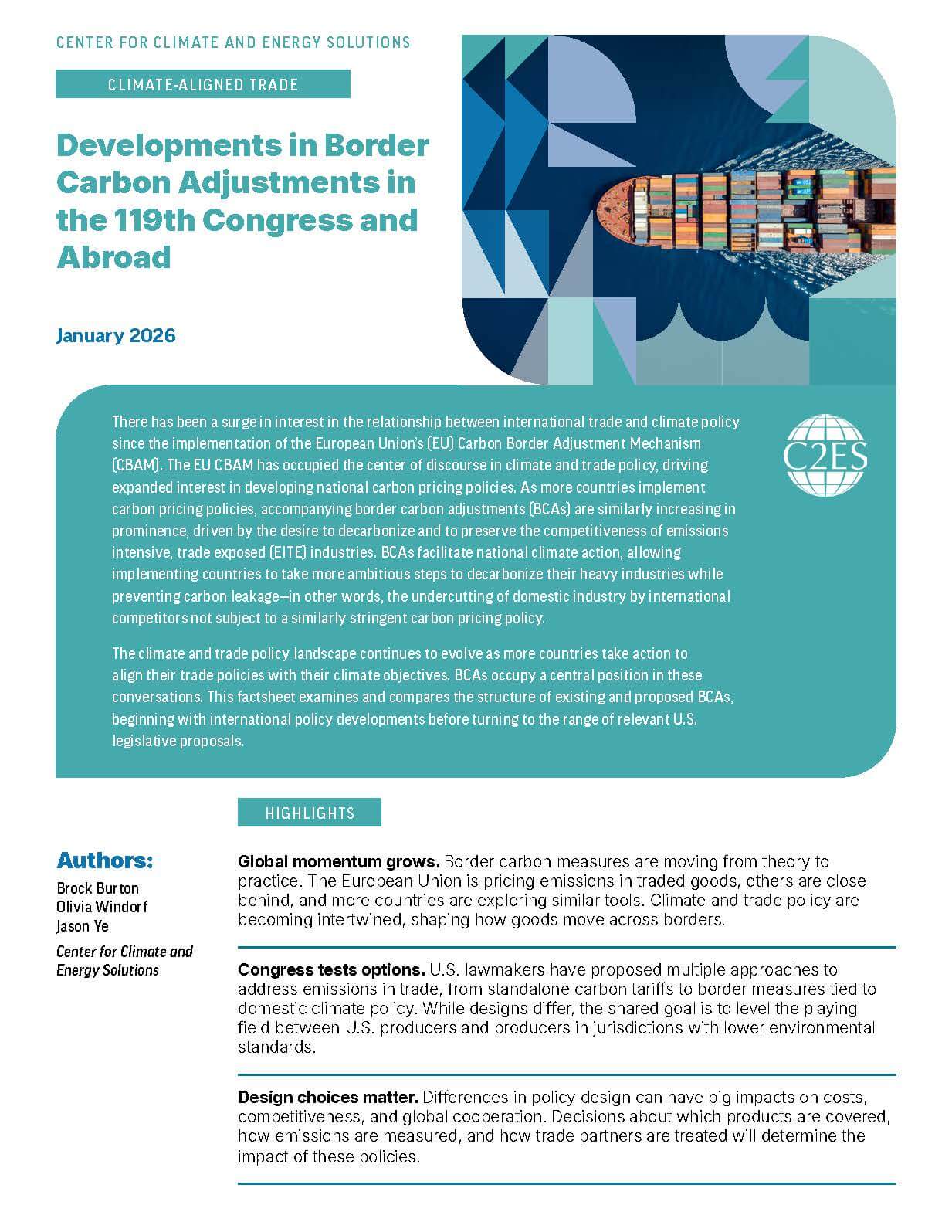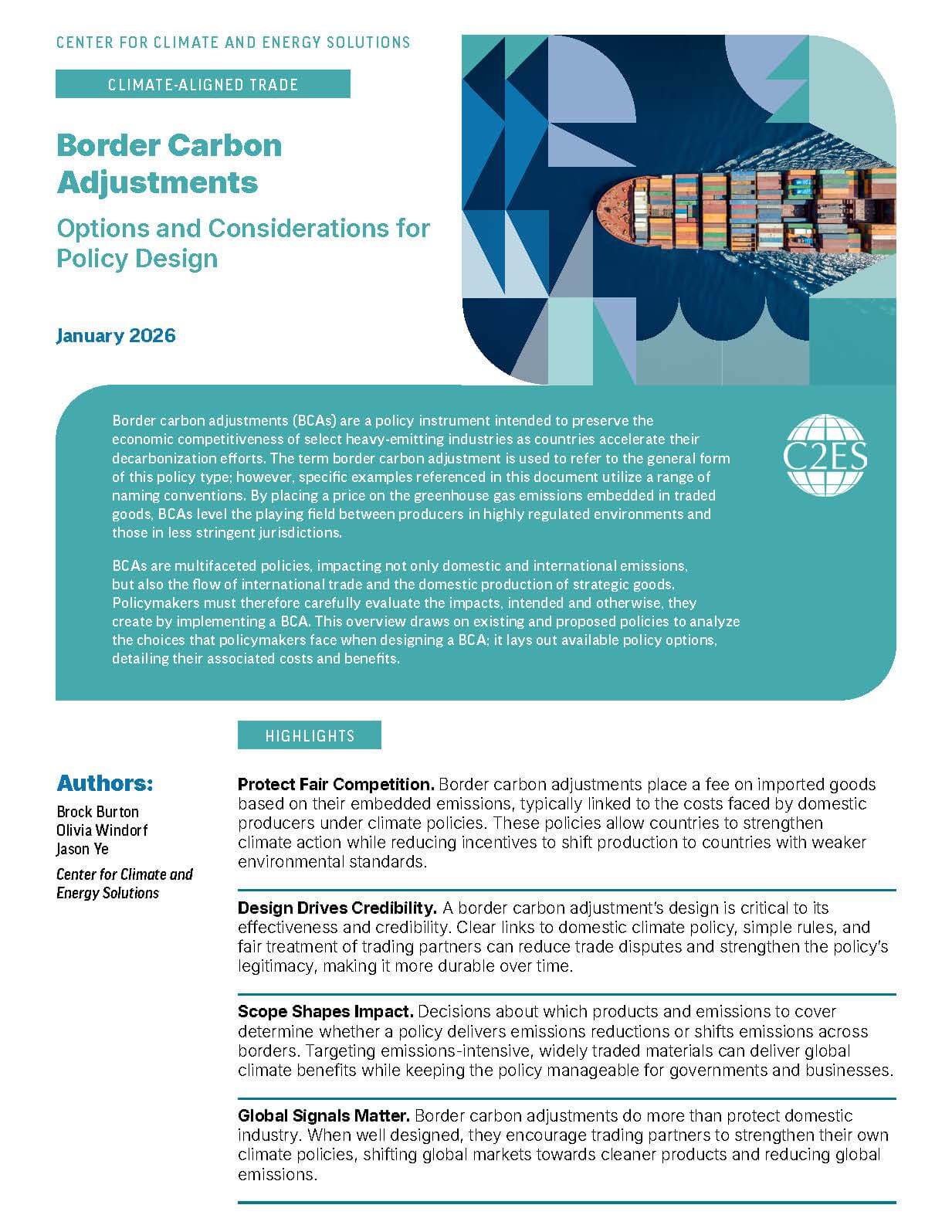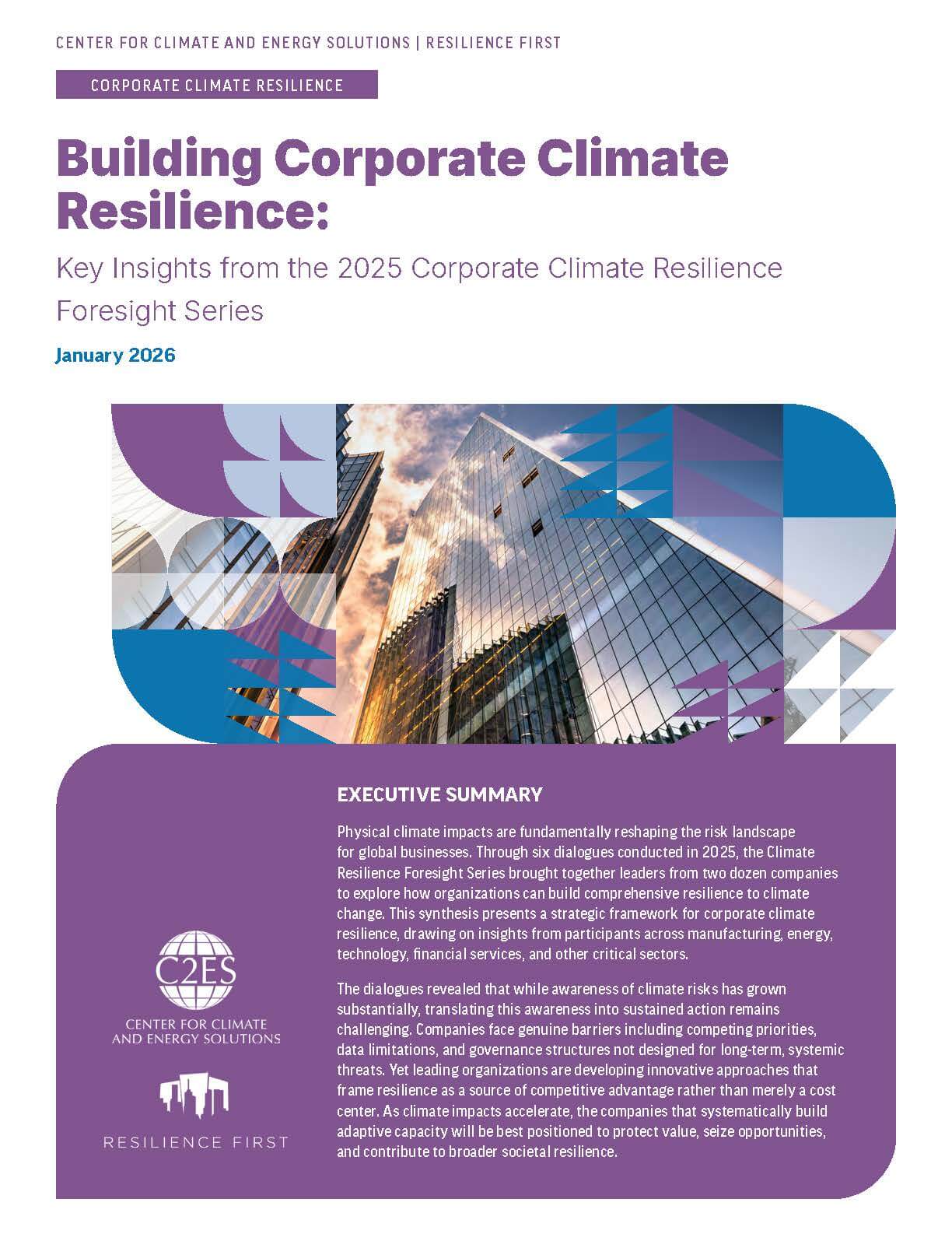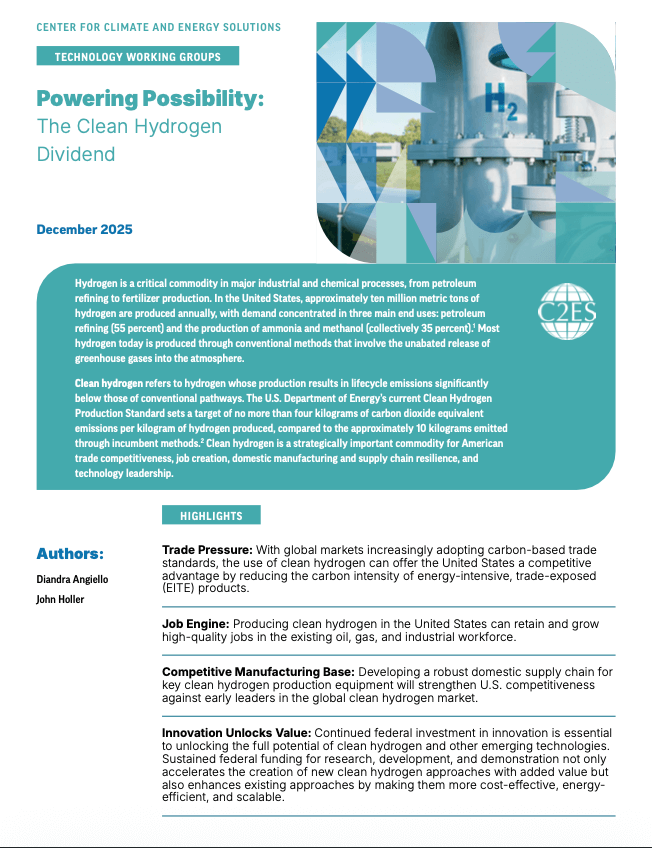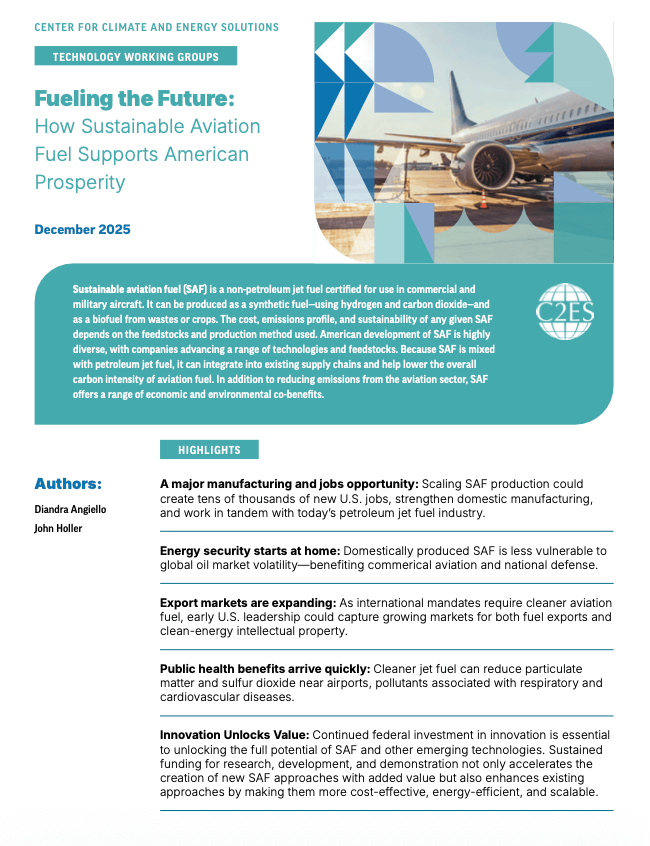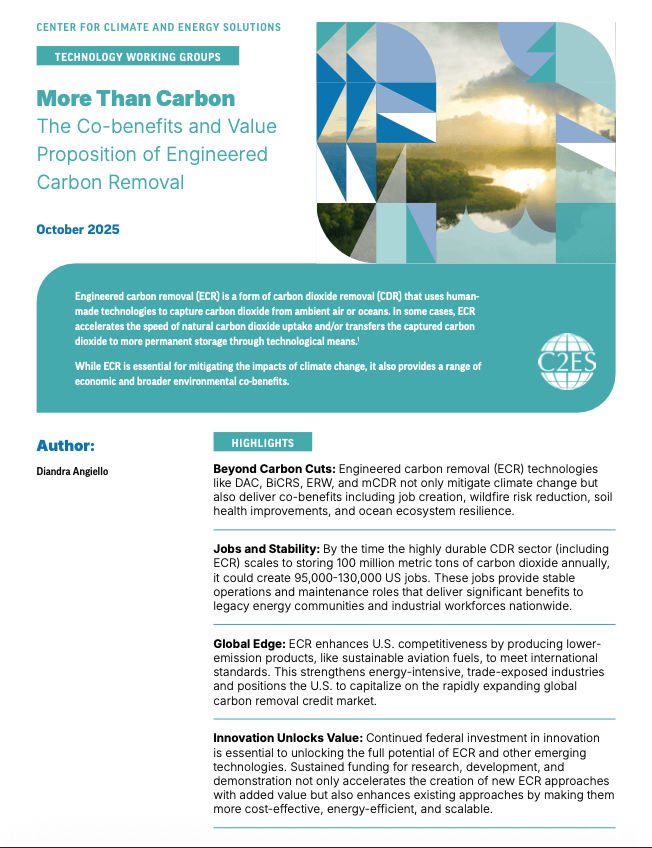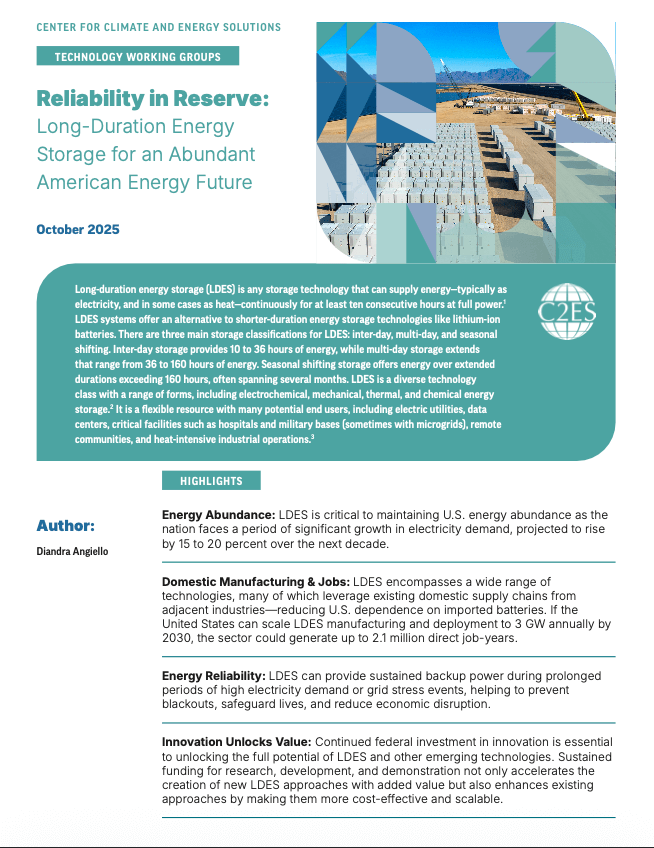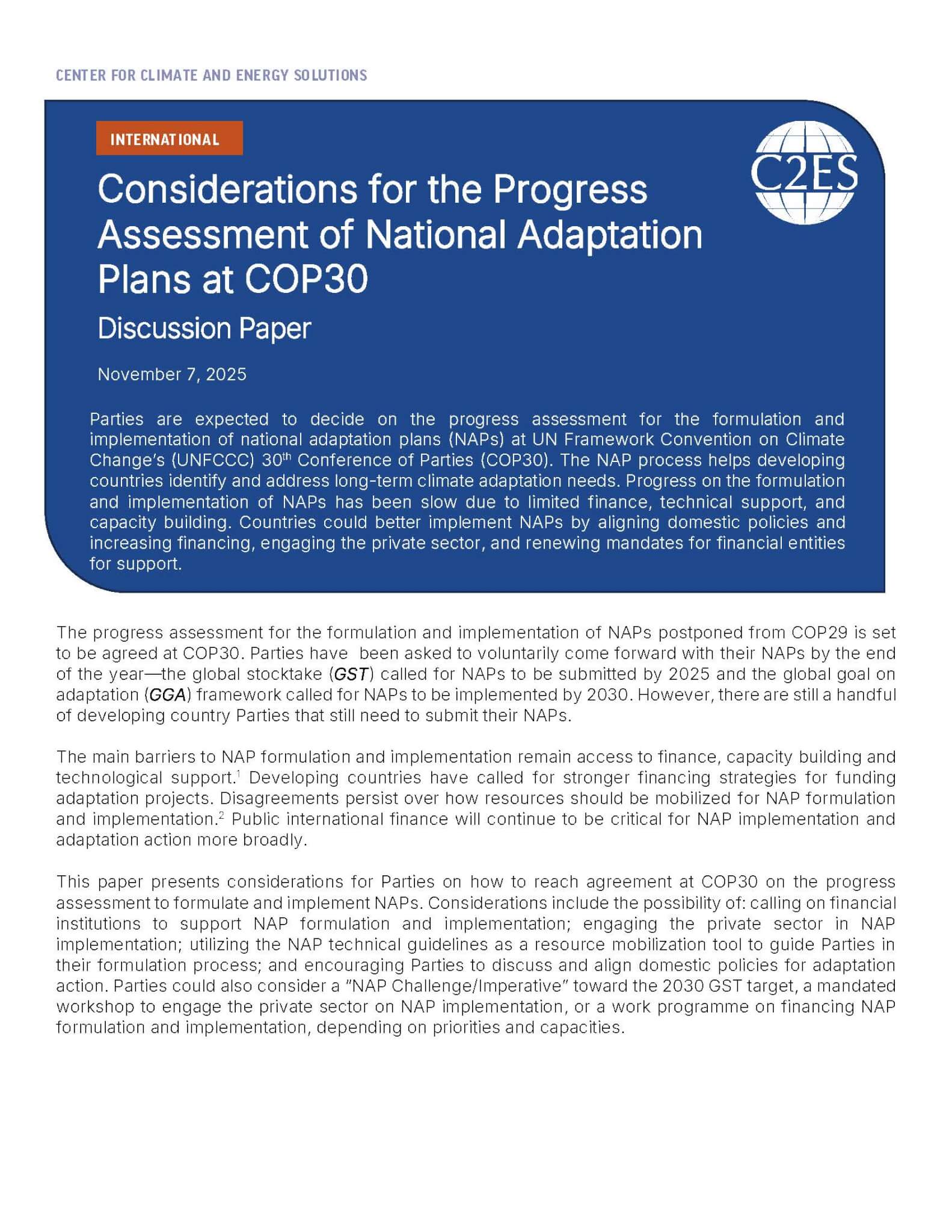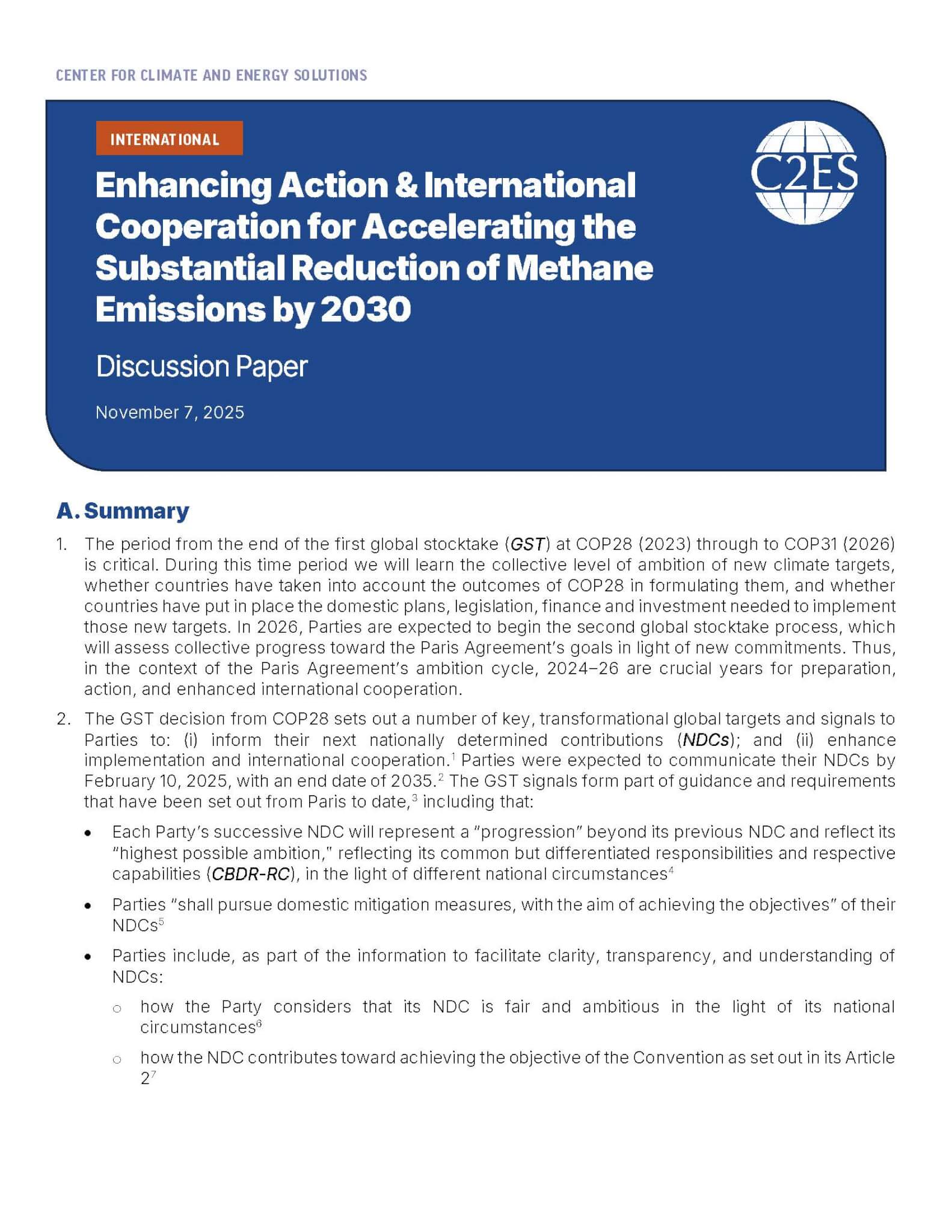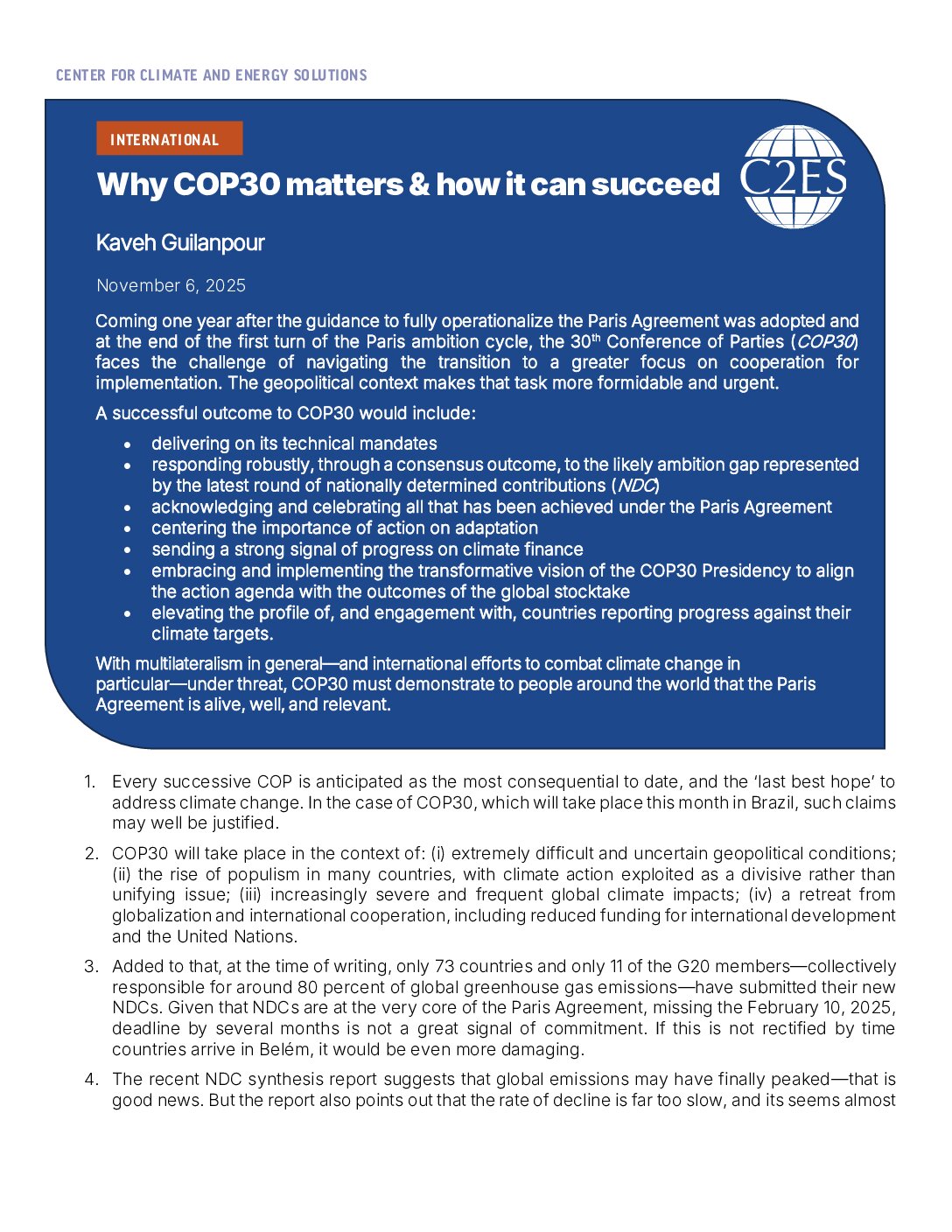There has been a surge in interest in the relationship between international trade and climate policy since the implementation of the European Union’s (EU) Carbon Border Adjustment Mechanism (CBAM). The EU CBAM has occupied the center of discourse in climate and trade policy, driving expanded interest in developing national carbon pricing policies. As more countries […]
